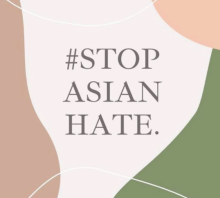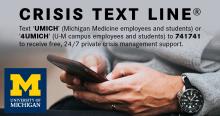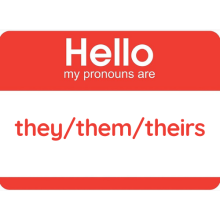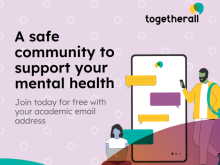In light of the significant disruption in the United States Capitol, CAPS extends our support to all of us as these events can affect our mental health. And, some of us are greatly affected. These threatening and violent acts are disturbing, and the difference in responses between January 6th, 2021, and over the summer with Black Lives Matter protests is noticeable and hurtful to our progress as a society.
Solidarity with the Asian Pacific Islander Desi/American (APID/A) Communities
CAPS stands in solidarity with the Asian Pacific Islander Desi/American (APID/A) communities in the face of the most recent attacks, murders, and expressions of anti-Asian bias and violence. These acts of hate, in the context of the global pandemic, the attack on the US Capital, and acts of racial violence against Black communities are undoubtedly impacting the mental health and well-being of our student communities. Direct and indirect exposure to such events is troubling, concerning, and can be traumatizing and result in many emotional and physical reactions.
Crisis Text Line
Crisis Text Line - for all faculty, staff, students, from academic campuses and the Michigan Medicine community.
Pronouns... what's this? The Trials and Tribulations of Sharing Pronouns
Pronouns are words like they, she, he and ze, that stand in for nouns and are used to refer to people in the singular third person. Oftentimes pronouns are associated with gender which is incredibly problematic when the gender of a person is unknown. Because of this, people make assumptions about an individual’s gender based on their name, appearance or how they act. These assumptions can be incorrect, and despite correctness, making assumptions sends a dangerous and oppressive message… in order to be a certain gender people have to look, or act a particular way.
Sleep
Did you know… college students today are averaging only 6–7 hours of sleep, which is around 2-3 hours less than the recommended amount of sleep a human needs. The reason for lack of sleep varies greatly for college students. All-nighters, cramming for class, TV, the internet, stress, anxiety, COVID or simply a general overload of activity can all impact sleep for college students. In fact, 66% of U-M students experience sleep difficulty. In other other words, if you are having trouble sleeping, you are not alone.
Mental Health Support Options
We're glad you are here!
Your mental and emotional health is vitally important. We are here to support you in taking steps towards finding help for your concerns.
At the University of Michigan, we recognize there is no “one size fits all” approach to supporting student mental health. That's why we provide a variety of options to meet a diversity of needs. Check out the options listed below to see what may be a good fit for you.
CAPS Podcast: CAPS Chat
Welcome to CAPS CHAT, a new podcast series recently launched by U-M Counseling and Psychological Services. Hosted by Dr. Christine Asidao, she interviews mental health experts on a variety of different topics affecting U-M college student mental health. Click on the image or link below to begin listening.
Making An Appointment
Your mental and emotional health is vitally important. We are here to support you in taking steps towards finding help for your concerns and matching the best resource for your needs. We recognize there is no “one size fits all” approach to supporting student mental health. That's why we provide a variety of options to meet a diversity of needs. Check out the options listed below to see what may be a good fit for you.
Togetherall
Recognizing that some students who are feeling isolated, depressed, or anxious may find it challenging to connect with our resources and verbally express their needs, Counseling and Psychological Services (CAPS) is pleased to announce the piloting of Togetherall, an online, anonymous peer-support tool available for free to our students. Togetherall is a clinically moderated, online peer-to-peer mental health community that reaches and empowers a diverse population of students to anonymously seek and provide support
Resources to Use During the Break
During the break, CAPS is closed from 12/24/21 through 1/2/22. However, even though CAPS is closed, we are able to offer many resources that students can use throughout the break, from wherever they are, to support their mental health.







